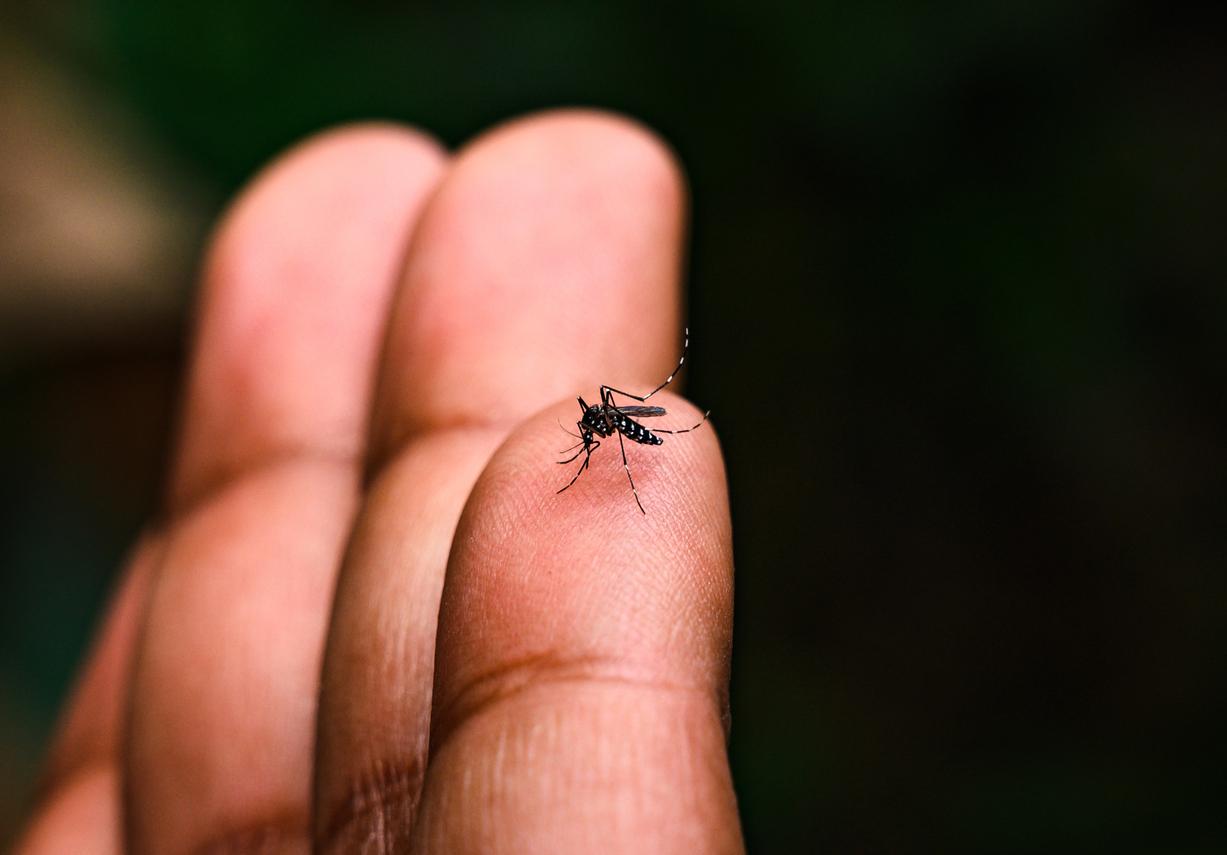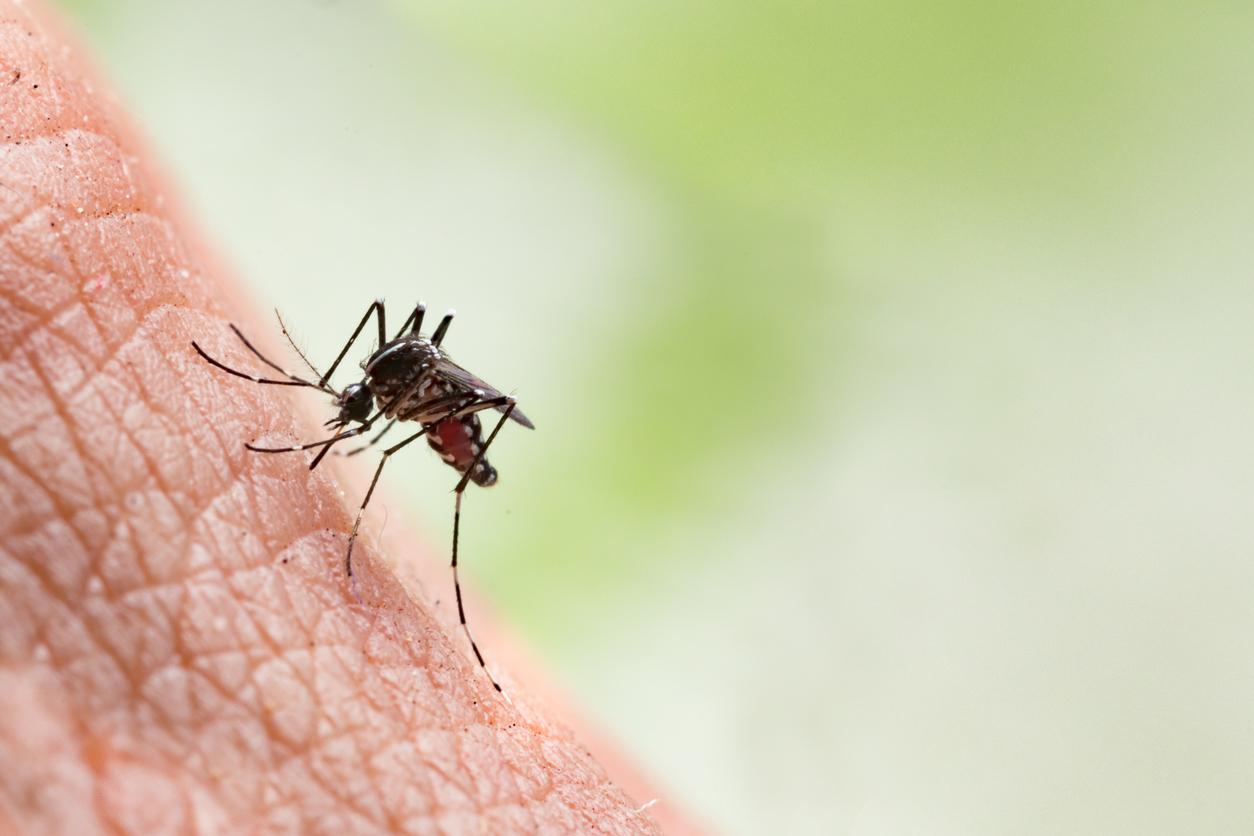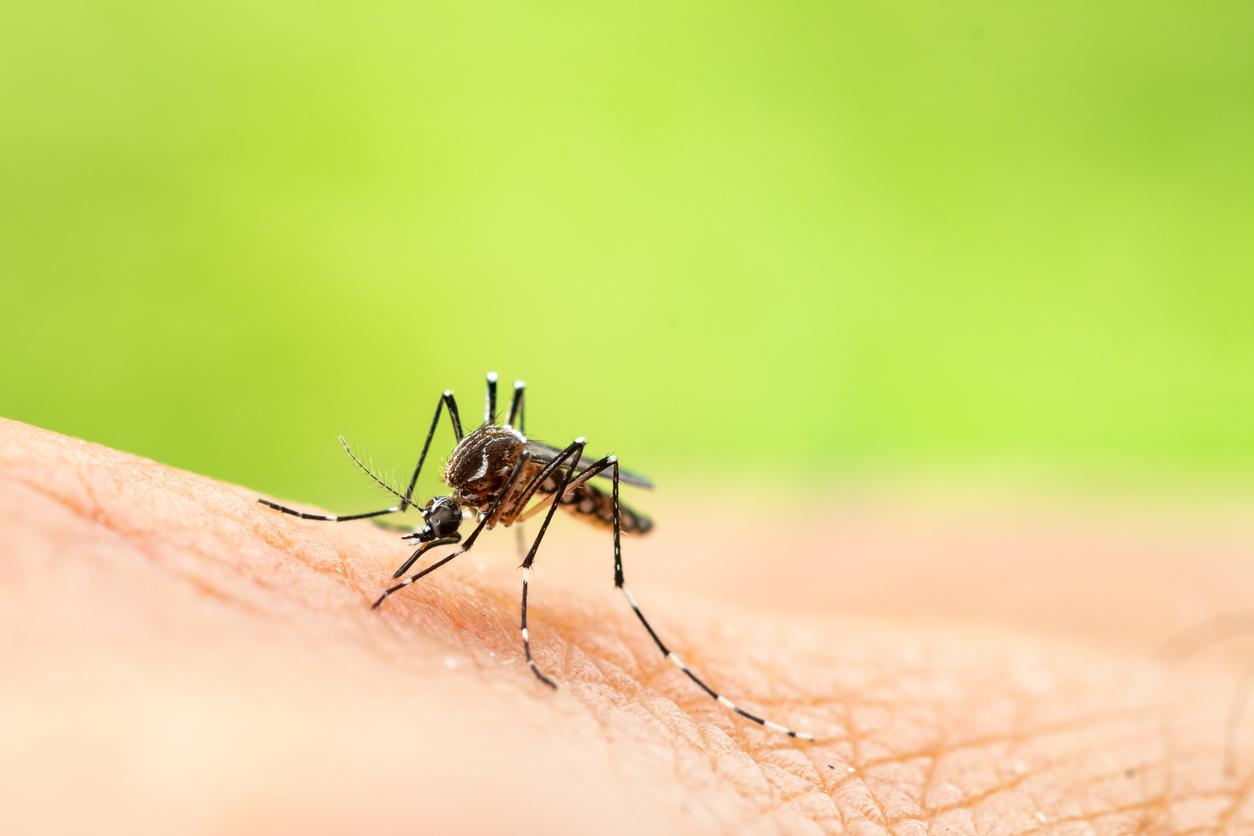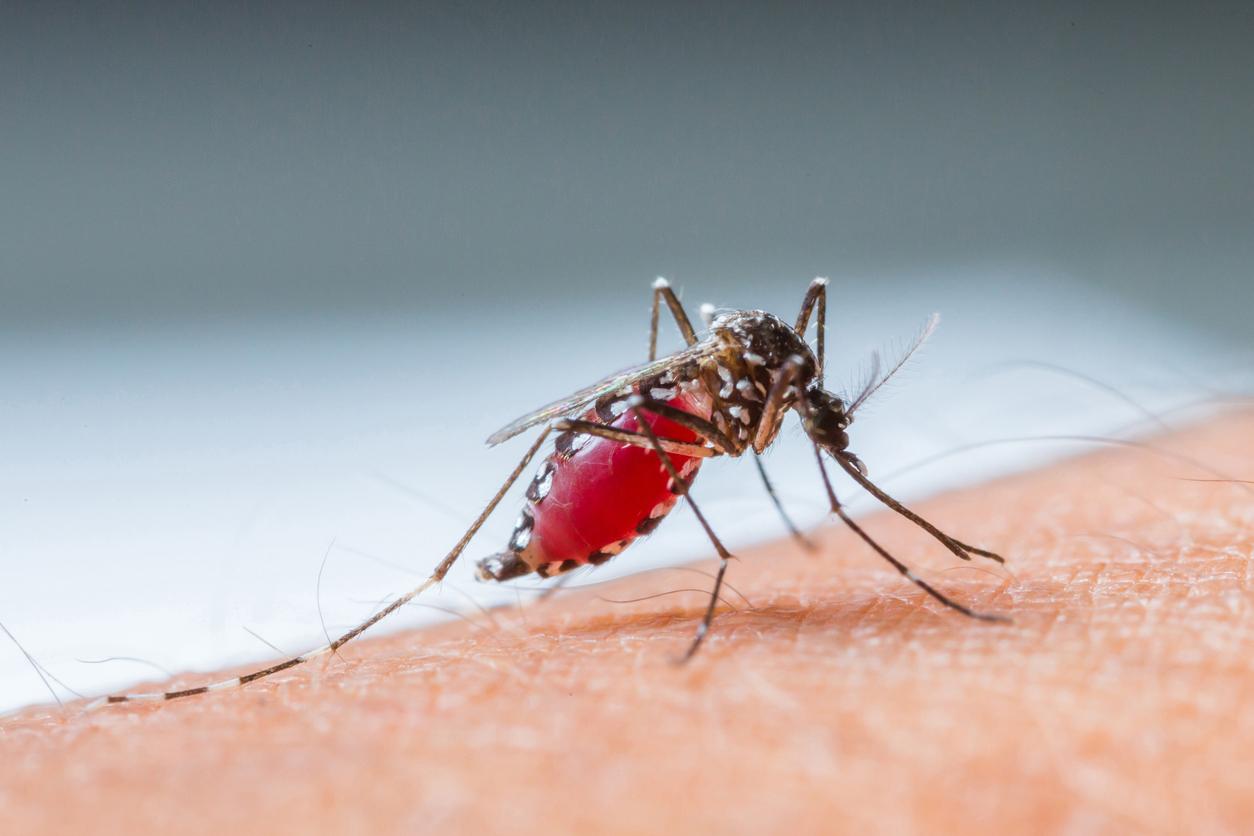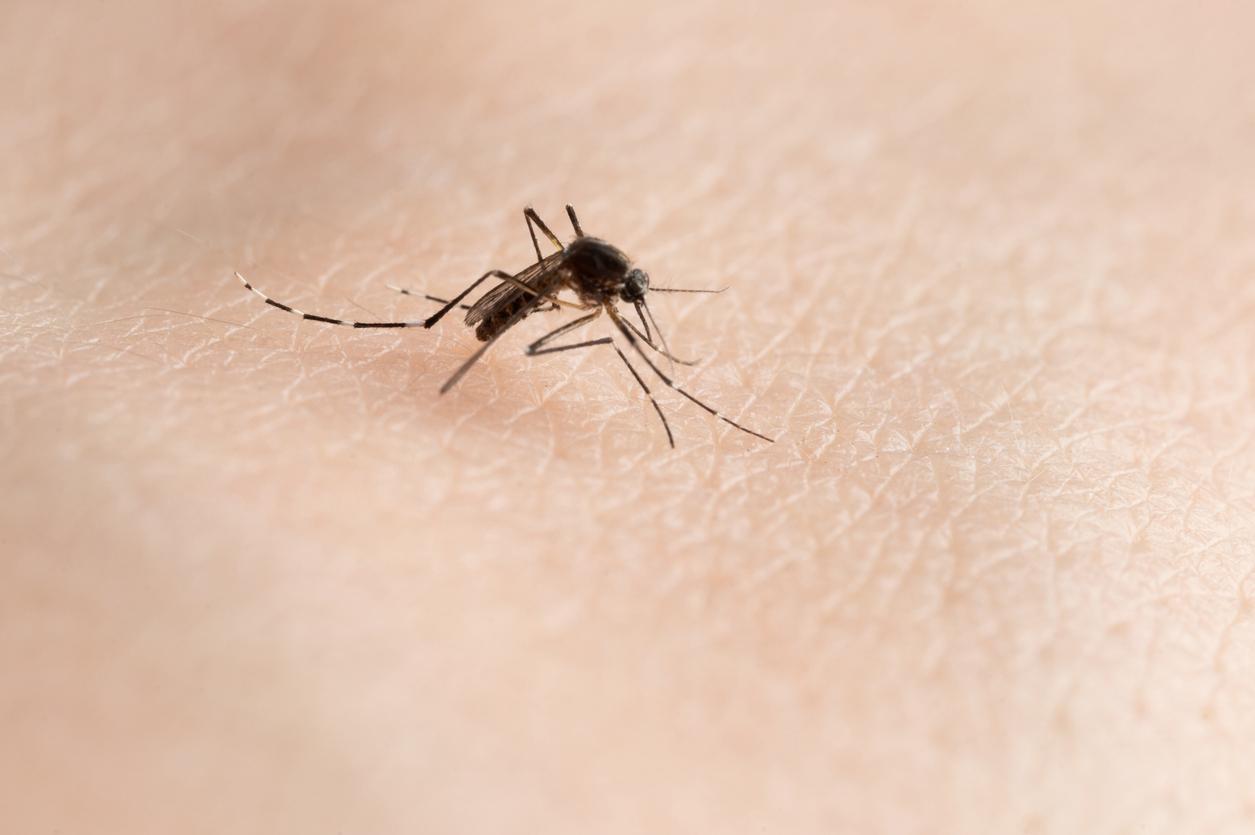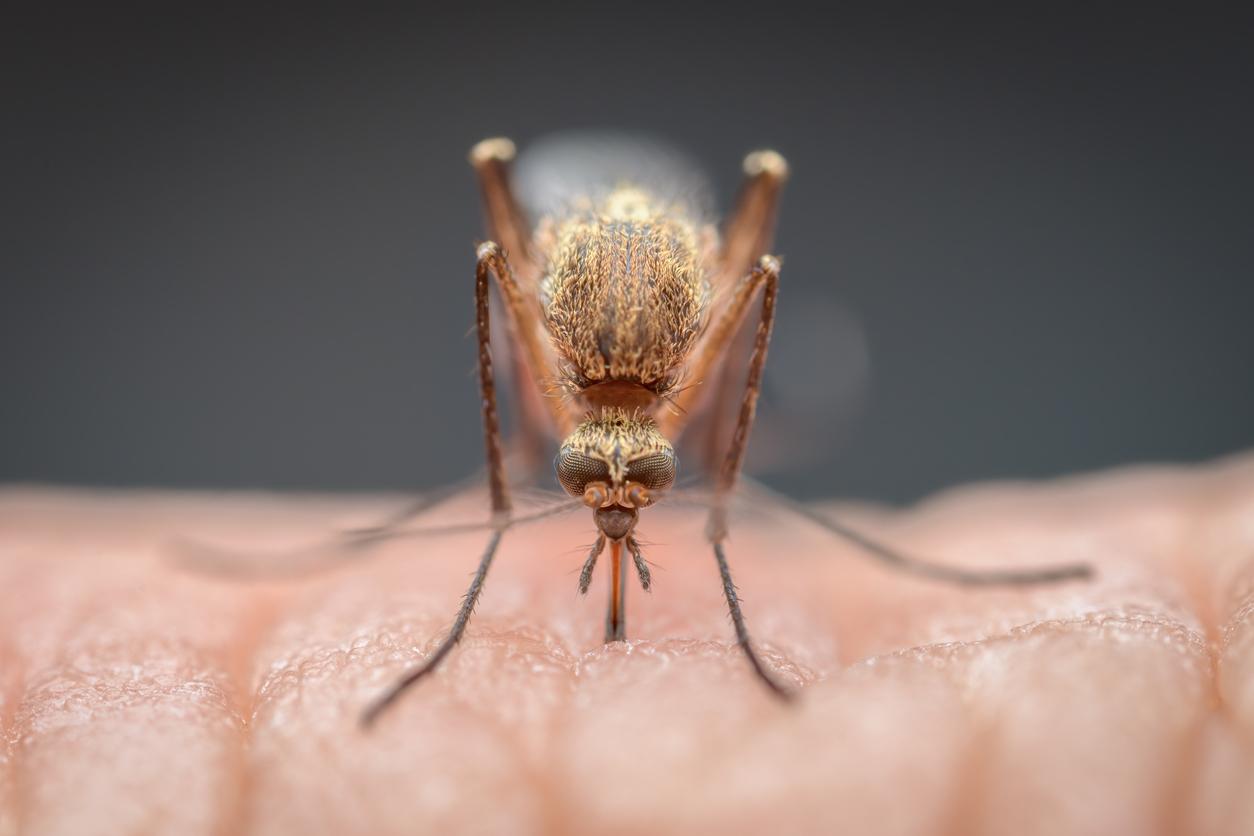Mosquitoes that transmit dengue fever and other viruses have developed increasing resistance to insecticides, posing a real health threat, according to a new study.
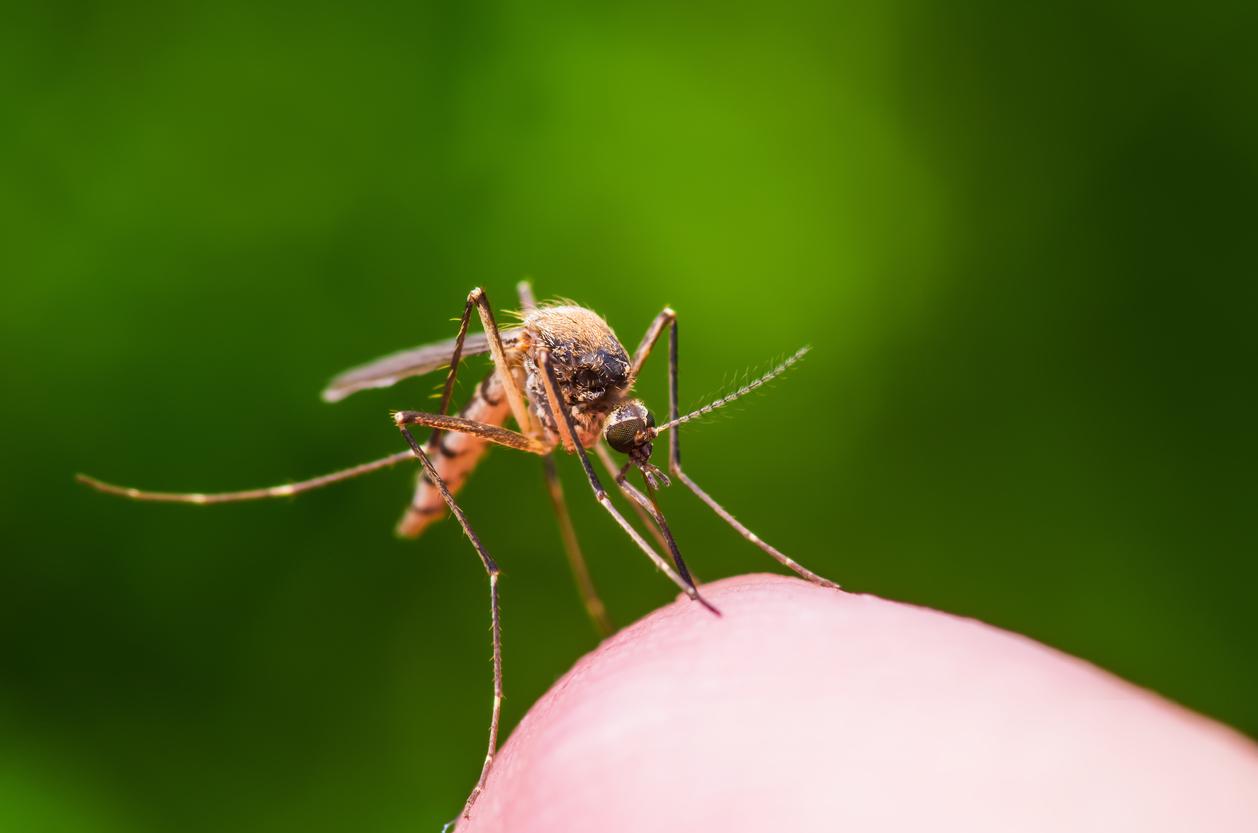
- On French territory, Aedes aegypti is present in the West Indies, Guyana and Mayotte (Santé Publique France).
- The mosquito-borne dengue virus is said to infect at least 98 million people a year and is endemic in 128 countries around the world (AFP).
More than 90% of mosquitoes Aedes aegypti tested in Cambodia had a “extremely high level of resistance“to insecticides, according to a japanese study.
Mosquito resistance to insecticides is not without risk for humans
Since health authorities are used to spraying clouds of insecticide in mosquito-infested areas to eliminate them, this news is worrying.
In fact, mosquitoes Aedes aegypti transmit viruses such as yellow fever and dengue fever. The latter can cause hemorrhagic fever and infects 100 to 400 million people a year, although more than 80% of cases are mild or asymptomatic, according to theWorld Health Organization.
The lethality of insecticides has fallen sharply
During their work, Japanese scientist Shinji Kasai and his team examined mosquitoes from several Asian countries as well as Ghana.
They discovered that a series of mutations had made some of them nearly impervious to popular pyrethroid chemicals like permethrin – the use of which, but not the manufacture of, is prohibited in France.
The scientists thus reveal that doses of insecticide which should normally kill nearly 100% of the mosquitoes in a sample only kill about 7% of the insects. Even a dose ten times stronger kills only 30% of super-resistant mosquitoes.
The tiger mosquito is less resistant to insecticides
Resistance has also been detected in another type of mosquito: Aedes albopictus (also called tiger mosquito), which are part of the same family as Aedes aegypti.
However, it is present at lower levels; possibly because it tends to feed outdoors, often on animals, and may be less exposed to insecticides than its counterpart Aedes aegypti who loves humans, explain the authors.










